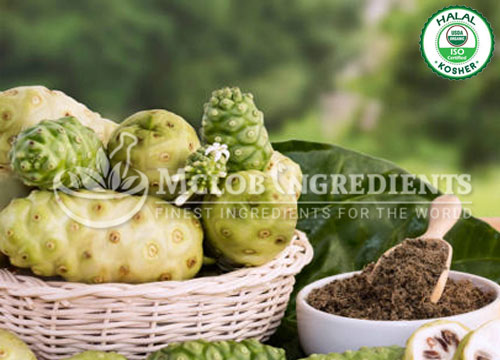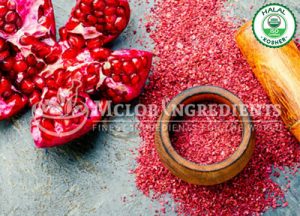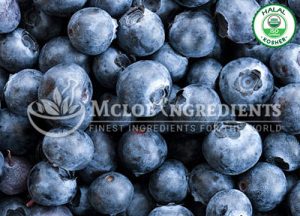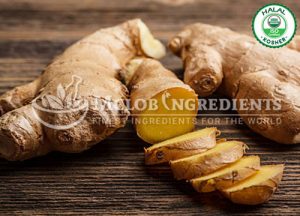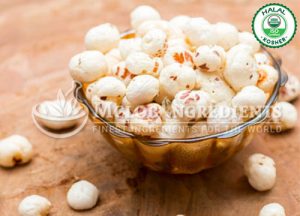Noni is an evergreen tree with yellow fruit and large leaves. It’s found in Southeast Asia, Pacific Islands, Australia, and India. Noni roots, bark, flowers, leaves, stem, and fruit have all been used as medicine. Mostly Noni is consumed as a juice blend. It contains biotin, Vitamin C, Folate, and potassium.
Benefits:
Noni benefits are as follows:
- supporting the immune system
- used for aging skin
- used in high blood pressure
- boosting endurance
- relieving pain
- reducing cellular damage caused by tobacco smoke and in smokers, aiding heart health.
Side effects:
Noni side effects are as follows :
- Acute hepatitis.
- Liver toxicity.
- Diarrhea (has a laxative effect)
- Liver damage.
- Hyperkalemia
Precaution :
- Avoid use in pregnancy and breastfeeding.
- Avoid those who have kidney disease due it contains a large amount of potassium that increases its concentration in blood.
- Avoid noni if have liver disease.
Interaction:
Be cautious with the following interaction :
- ACE inhibitor or Angiotensin receptor blocker [ARBs] interact with Noni. The ACE inhibitor is a medication for high blood pressure that increase the potassium level in the blood. so its interaction might make potassium levels too high.
- Hepatotoxic drugs interact with noni that might increase the risk of liver damage.
- Warfarin interacts with noni which might increase the chances of blood clotting.
- Water pills interact with noni that might increase the potassium level in the blood.
- Antihypertensive drugs interact with noni that might cause blood pressure to go too low.
- Phenytoin interacts with noni which might decrease the effect of phenytoin and increase the risk of seizures.
Dose :
Noni juice, In adults, dose up to 3-4 ounces once or twice daily by oral route for up to 3 months.



